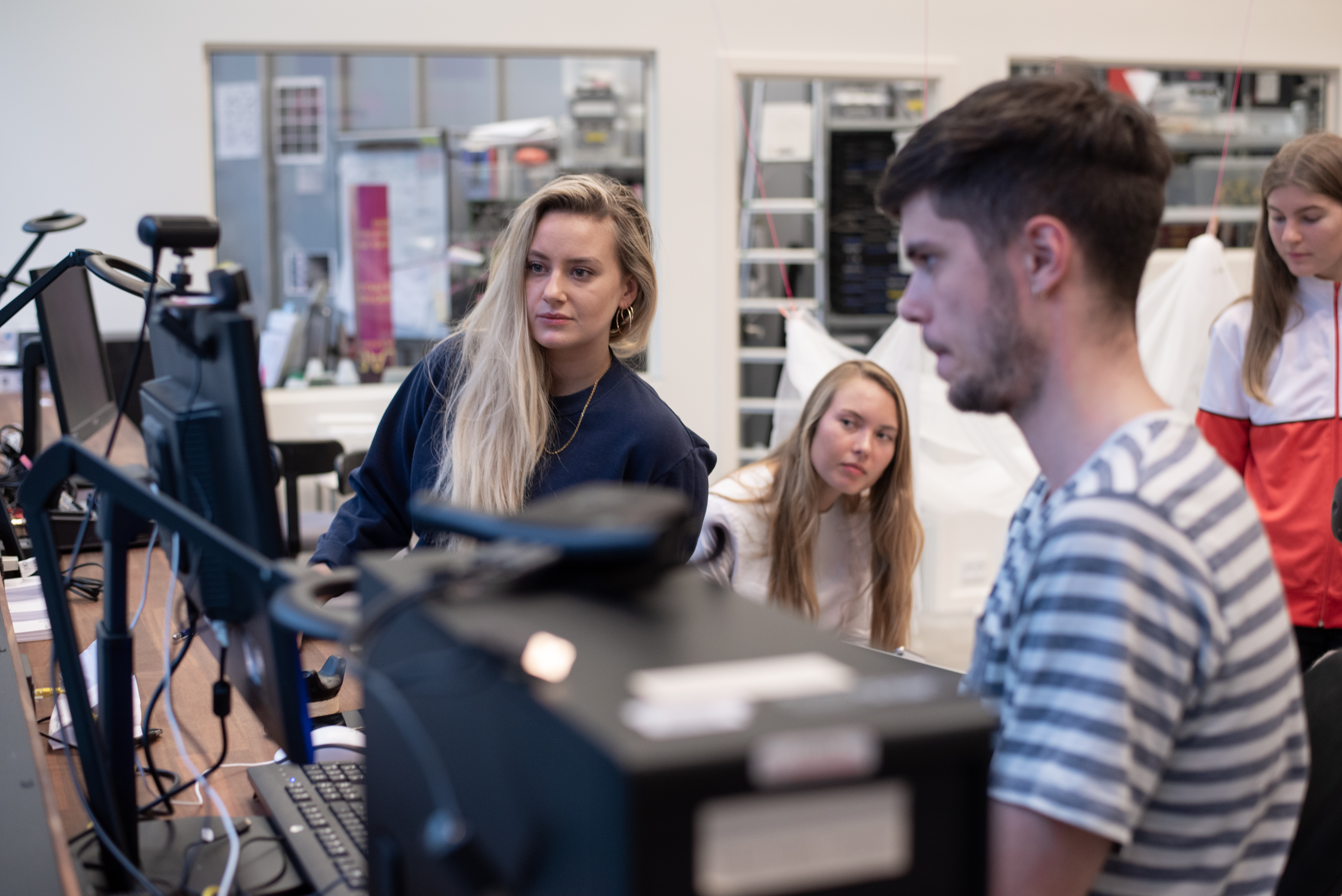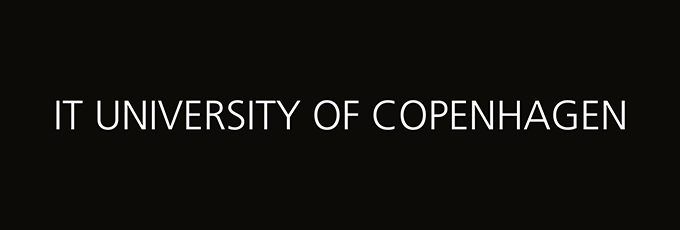From China to Brazil to Portugal, Lini Zhang has been moving around the globe to find the perfect place to settle while having a fulfilling career. She would go on to join a fiscal data management and analysis company where she had to do a lot of manual labour to handle large-scale data. It was an unsystematic approach to what could have been solved more sophisticatedly. “I started noticing that handling data inefficiently was not only a single company’s headache but a widespread issue,” she says. “I developed an interest in learning how to handle data with the newest technology, and IT University of Copenhagen offered all that I needed to be a data wizard.”
Denmark’s leading university for IT research and education lets you start your education from scratch without requiring any prerequisite knowledge of a certain field. Lini, who has a background in Business Administration and Communication, pursued a Bachelor of Science in Data Science where she learned technical subjects like mathematics and statistics for data science, programming, machine learning, algorithms development, and data management, as well as in social science applications, research methods, data visualisation, communication, and critical reflection.
This greatly helped her grow as a professional. Since then, she has held two jobs, both of which required her to excel in both hard and soft skills. “I’m working as a data analytics intern at the United Nations Office for Project Services, where I use Google BigQuery to do automated data extraction and build reports on it. For this role, I benefitted from courses about databases, ETL (extract, transform, and load) processes, and data visualisation,” she says. “For another role I had as a student assistant at Novo Nordisk, I applied Natural Language Processing (NLP) and Machine Learning techniques to automate previously manual data mapping tasks.”

The Bachelor of Science in Data Science here allows you to start from zero. Source: IT University of Copenhagen
Other graduates have gone on to perform exceptional work in relevant data science fields. For instance, Therese Moreau, a 2021 graduate, recently led a student research paper that called into question the algorithms that were being leveraged by the Danish government to make decisions about child development. Others have become data scientists, machine learning engineers, business intelligence analysts, data analysts, and digital analysts for respectable companies.
“Many students work in companies analysing data for various purposes: logistics, transportation, software, etc,” associate professor Michele Coscia says. “Some have even undertaken careers as investigative journalists, using data to allow the population to properly understand the complex world they live in.”
“We try not to pigeonhole students into becoming too specialised in specific subfields of data science, like machine learning. We give an all-round experience and we do not overlook the foundational aspects of statistics and probability theory. This gives the opportunity to understand and pivot to the new developments, in case they come from completely different branches of the vast ecosystem of data analysis, not just machine learning or deep learning,” the professor adds.
During the three-year programme, you will learn hard skills that apply to current industry trends, such as understanding the Python programming language, machine learning, Natural Language Processing, ETL, Structured Query Language, and A/B testing. You’ll hone your soft skills too, thanks to group work that gets students learning how to cooperate. “The projects are heavily group-based, so you get the chance to learn how to collaborate as a team,” Lini says. “For most of the courses, it’s mandatory to do group work and to present your work afterward, either to the teacher or to the entire class.”
Defending your projects for the exams will also advance your ability to communicate with third parties, a crucial skill in this highly competitive industry. This is why the university has industry connections with some of the largest employers in Denmark in the IT sector that can benefit you in your career trajectory. Companies like IBM have run guest lectures and often bring some of their real-world datasets for the students to work on. These companies also offer outstanding students potential internships and job positions.
Follow IT University of Copenhagen on Facebook, Instagram, LinkedIn, X, and YouTube.













